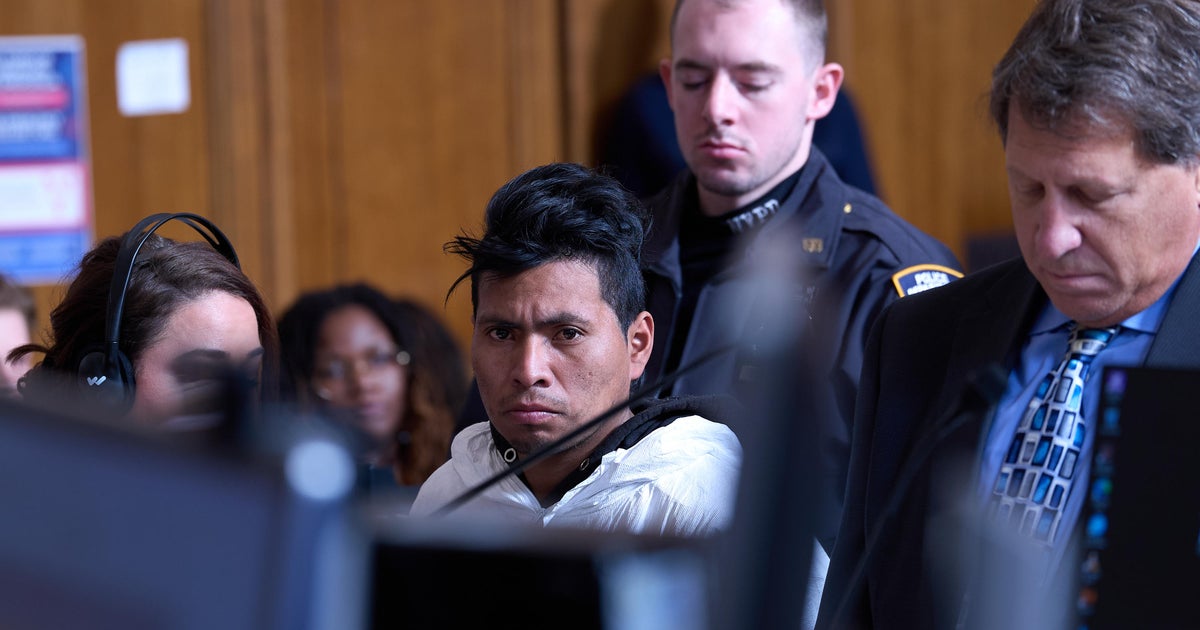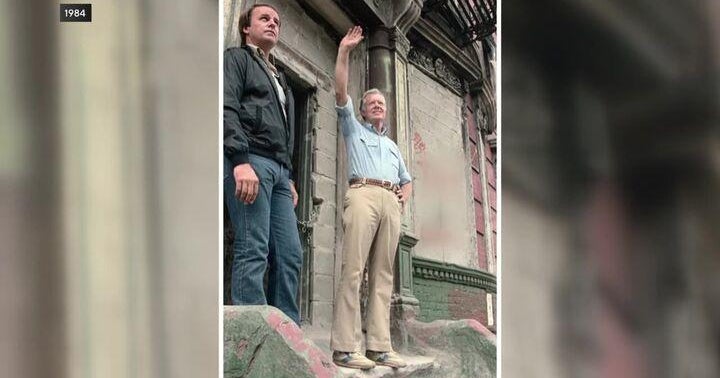Female NYPD Officers Embrace Difficult Task Of Working In Families Of Homicide Victims Liaison Unit
NEW YORK (CBSNewYork) -- It could be one of the hardest jobs in the NYPD and its among the first in the nation.
CBS2's Ali Bauman recently spoke to two officers working with families affected by gang violence.
Eve Hendricks' 17-year-old son, Brandon, was shot and killed in the Bronx last summer, days after graduating high school.
"He was a great son and a good person," Hendricks said. "I felt alone. I was scared, terrified. I had no idea what was going on and they came to my rescue."
"They" are Officer Candice Negron and Det. Alicia Arquer, partners with the NYPD's Families of Homicide Victims Liaison Unit and Community Gang Awareness Team.
"The clock really never stops for Alicia and I," Negron said.
READ MORE: NYPD Making Progress Bringing In And Promoting Women, But It Still Has A Lot Of Work To Do
The job is two-fold. They help families who lost a child to gun violence and also assist families of suspected gang members.
"A lot of family members are not getting the resources that they need to move forward, to bury their loved one, to get out of a very dangerous situation, especially related to gun violence," Negron said. "When the department identifies a young person 17 and under as being part of a gang, Alicia and I go to the home and we notify the parent. We let them know."
"Why are these two roles combined?" Bauman asked.
"A lot of the young children that are killed, it's because of gang violence. That does not necessarily mean they're part of a gang, but they're in an area where there is gang violence," Arquer said.
Both officers are mothers, themselves, which gives them the delicate touch needed in these cases.
"When we go to the homes we're never judgmental. We're trying to help them find healthy solutions so the child can get out of the situation," Negron said.
"Some of this information actually helps the case detectives solve the cases that they didn't get initially because the family or whoever wasn't as open to give them anything," Arquer said.
They help relocate families and work with community-based organizations like Harlem Mothers S.A.V.E.
"Mothers, their child has been shot in front of their house, and now she's like every time I go home I have to see the bloodstain of my son in front of the house," Negron said.
"It's dangerous. If your child gets killed in one neighborhood you can't stay there because you have other kids," said Jackie Rowe Adams of Harlem Mothers S.A.V.E.
Shootings are up 40% citywide compared to this time last year, and up 66% compared to two years ago.
"What do you see as solutions for it?" Bauman asked.
"I would say building bridges. We can't stop gun violence," Negron said.
"We can't do it by ourselves. It's the community that needs to step up as another eye out there and say this is what we can do to get these children to a safer environment or make it a safer environment for the children that are coming up now," Arquer added.
The officers build long-lasting bonds with the families they serve.
Hendricks had been asking for the items founds in her son's pockets when he was killed, but they were tied up in evidence. On Tuesday, the officers finally got them back for her.
"They went and they got it as they promised," Hendricks said. "Having these things my son had on him that last day gives me some comfort, some comfort."
Mothers helping mothers heal and protect.



